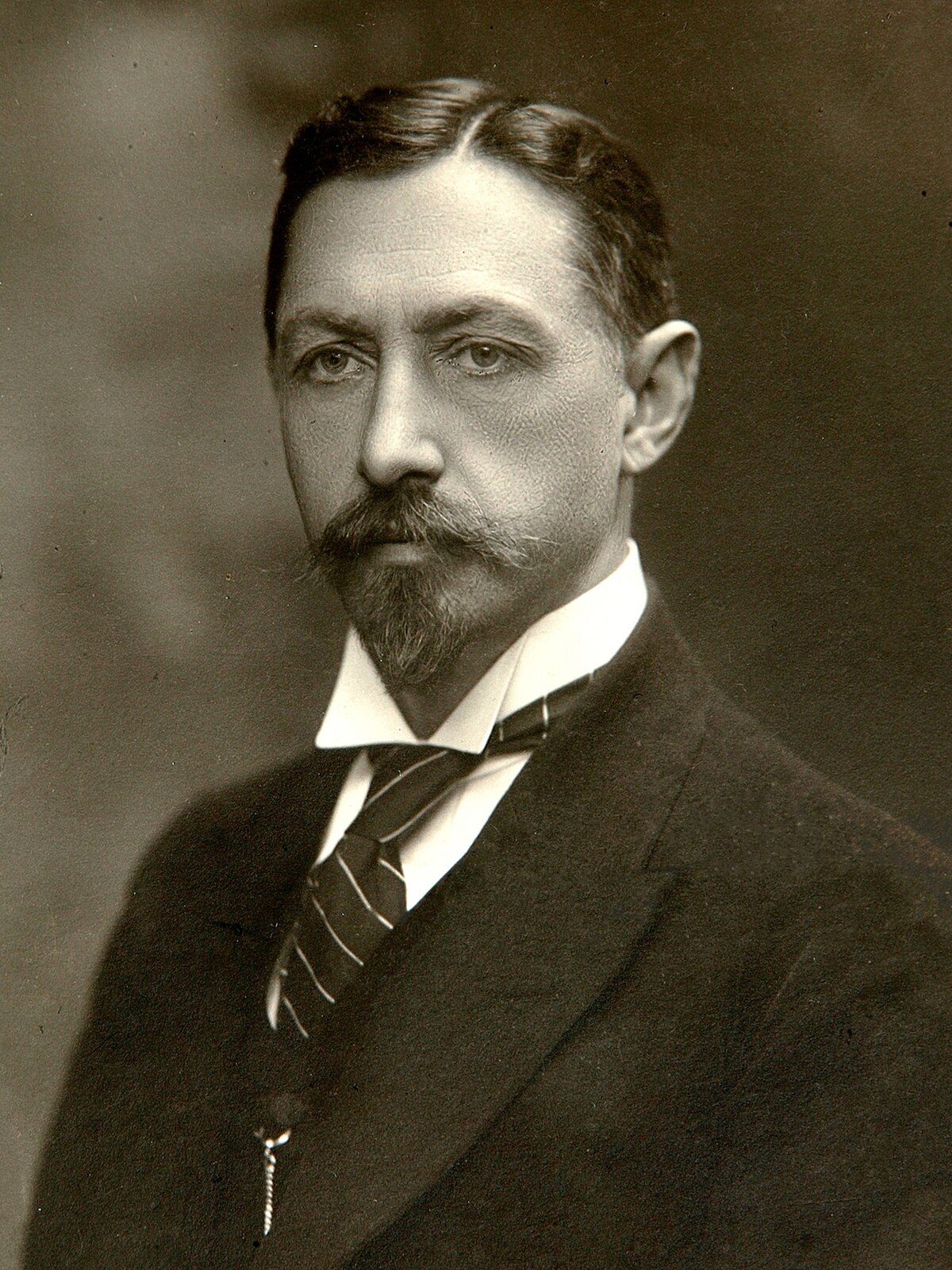Why was Ivan Bunin Awarded the Nobel Prize for Literature in 1933?
Ivan Bunin: Celebrating the Nobel Prize for Literature in 1933
In 1933, the prestigious Nobel Prize for Literature was awarded to Ivan Bunin, a Russian writer and poet whose literary contributions had captured the hearts and minds of readers worldwide. Bunin’s recognition by the Nobel Committee marked a significant moment in the history of literature, celebrating his exceptional talent and his invaluable contributions to the world of letters.

1. Mastery of Prose and Poetry
Ivan Bunin’s literary career spanned several decades, during which he displayed remarkable versatility and skill in both prose and poetry. His poetry was marked by a delicate and evocative language, drawing inspiration from the beauty of nature and the complexity of human emotions. His prose, on the other hand, showcased a vivid and poignant portrayal of Russian life and culture. From his early works, such as “The Village” and “The Gentleman from San Francisco,” to his later collections of poems, Bunin’s mastery of language and imagery left an indelible impression on readers and critics alike.
2. Reverence for Traditional Russian Values
Bunin’s writings were infused with a deep sense of nostalgia and reverence for traditional Russian values, especially those of the pre-revolutionary era. Amidst the tumultuous changes brought on by the Russian Revolution and subsequent events, Bunin sought to preserve the essence of the Russian soul through his literary works. He often depicted the lives of the Russian peasantry and the fading nobility, capturing the essence of their traditions, beliefs, and struggles. His dedication to preserving Russia’s cultural heritage resonated strongly with readers, and the Nobel Prize recognized his efforts to safeguard the country’s literary legacy.
3. A Voice of Exile
After the Bolshevik Revolution of 1917, Ivan Bunin chose to live in exile, feeling disillusioned with the political developments in his homeland. This exile experience profoundly influenced his later works, infusing them with a sense of longing and loss. In his collection of short stories “Dark Avenues,” Bunin explored themes of alienation, nostalgia, and the eternal search for identity, all inspired by his own feelings of displacement. His poignant portrayal of exile and its emotional impact resonated with readers worldwide, solidifying his position as a significant literary figure of the 20th century.
4. Recognition of Literary Achievement
Before receiving the Nobel Prize, Bunin had already garnered widespread recognition for his literary accomplishments. He had won critical acclaim in Russia and Europe, earning the admiration of esteemed literary figures such as Leo Tolstoy and Maxim Gorky. Moreover, his works had been translated into multiple languages, further amplifying his global reach and influence. The Nobel Prize served as a culmination of these accolades, underscoring the lasting impact of his literary contributions.
Ivan Bunin’s Nobel Prize win in 1933 celebrated his remarkable talent and dedication to literature, as well as his profound influence on Russian and global literary traditions. Through his powerful prose and evocative poetry, Bunin captured the essence of Russia’s cultural heritage while also exploring the universal themes of human emotions and exile. His recognition by the Nobel Committee highlighted the enduring legacy of his works, ensuring that his contributions to literature would be remembered and celebrated for generations to come.




